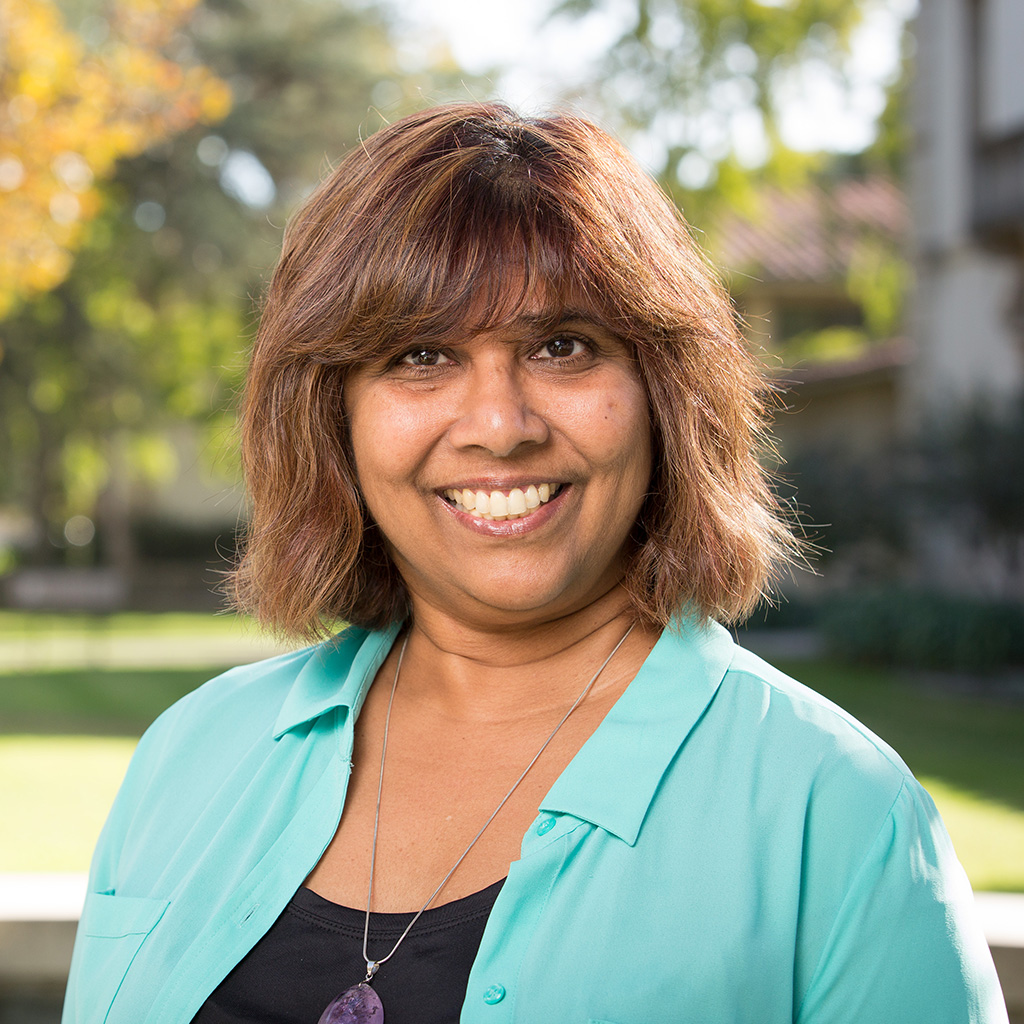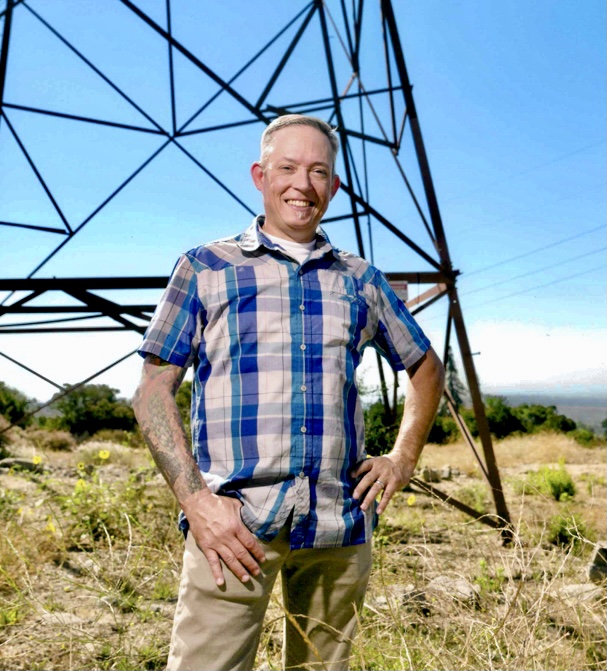Shamini Dias
Director of Transdisciplinary Studies
I have been a transdisciplinarian and an inveterate boundary-crosser pretty much all my life starting in a home, a global family, and a country—Malaysia—that reveled and struggled and grew in the interactions between religions, cultures, stories, and ways of thinking and being.
In school, I was in the Science and Mathematics stream but continued my love affair with literature, storytelling, and the arts in parallel. At the National University of Singapore, being part of the Arts and Social Science faculty (by which they mean department), allowed me to integrate Literary studies including post-colonial and feminist literature, Linguistics and Social Anthropology, Pedagogy, and Philosophy.
The pathways to much of my boundary crossing—and teaching-learning disruptions for transformation—have been semiotics, complexity, and the creative process. Sense-making, in all its embodied and shared forms, and the creative, mindful capacities to work in complex adaptive ways are integral to education, research, and world practice. This forms the core of my scholarship and practice – developing creative curriculum for literacy at all ages using the arts, mime and drama work, integrating arts-based methods into STEM (Science, Technology, Engineering, Math) subjects, and using creative, complexity facilitation in leader development. Especially doing this with creative, passionate, co-conspirators. These are my happy spaces!
At CGU, I founded and developed our unique Preparing Future Faculty program in 2013 based on transdisciplinary principles that go beyond teaching professional development to foster teacher-scholar identities and methods for transforming teaching and learning.
I continue this work as Director of Transdisciplinary Curriculum and Special Projects to expand transdisciplinary pedagogy in creating TNDY programs and initiatives – formal and informal – that realize CGU’s transdisciplinary mission to lead transformative education. As part of this process, I oversee The STEAM Journal, a transdisciplinary open-access journal to share boundary-crossing conversations and work between the sciences and the arts. My goal is to provide connective and integrative opportunities for students to enter reflexive, mind and heart opening journeys that help them become transdisciplinary thinkers and practitioners who seek positive impacts in a complex and emergent world.

-
Email
shamini.dias@cgu.edu - Degree(s)
PhD, Education, Claremont Graduate University
Richard Ross
Assistant Director, Transdisciplinary Studies
Richard has worked as a video store clerk, autobody technician, alpine ski lift operator, certified alpine ski instructor, and AP US, European, and World History tutor. Richard has also worked as an adjunct instructor for CGU’s School for Arts and Humanities digital humanities program. From 2013 to 2016, Richard worked as the project manager for the Power Struggles project, funded by the John Randolph Haynes and Dora Haynes Foundation, under former CGU Research Associate Professor, Hal T. Nelson, before taking his current position as assistant director of the Transdisciplinary Studies Program.
Richard comes to transdisciplinarity by way of his disparate work history, his fascination with the expansiveness of history, and his interest in how diverse disciplinary experiences can help us, collectively, cross boundaries to solve problems and tell new stories.

-
Email
richard.ross@cgu.edu - Education
BA/MA, US History, Montana State University—Bozeman
Our Student Fellows
Trevor Anthony
Doctoral Student (ABD), Cultural Studies
Communication and Marketing Fellow.
Michelle Blaya-Burgo
Doctoral Student, Psychology
Program Assessment and Evaluation Fellow.